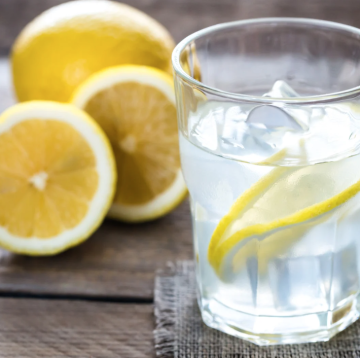
As we age, our bodies undergo many changes, including a decreased sense of thirst and shifts in fluid balance. This makes staying hydrated more critical than ever for aging adults. Proper hydration supports overall health, boosts energy levels, and helps prevent serious health complications. Today, we’ll explore why hydration is essential for seniors and how family caregivers can help ensure their loved ones drink enough fluids.
Why Hydration Matters for Seniors
Water is vital for nearly every function in the body, and staying well-hydrated helps aging adults:
- Maintain Cognitive Function – Dehydration can lead to confusion, dizziness, and memory problems, sometimes mimicking symptoms of dementia.
- Support Heart and Kidney Health – Proper hydration helps regulate blood pressure and supports kidney function, reducing the risk of urinary tract infections (UTIs) and kidney stones.
- Prevent Constipation – Dehydration is a common cause of constipation in seniors. Drinking enough fluids helps keep the digestive system moving smoothly.
- Regulate Body Temperature – As we age, our bodies become less efficient at temperature regulation. Proper hydration helps prevent heat-related illnesses, especially in hot weather.
- Reduce the Risk of Falls – Dehydration can cause dizziness and low blood pressure, increasing the risk of falls and fractures.
Signs of Dehydration in Seniors
Because the thirst mechanism weakens with age, seniors may not realize they’re dehydrated until symptoms become severe. Watch for these common signs:
- Dry mouth or sticky saliva
- Fatigue or weakness
- Dark-colored urine or infrequent urination
- Dizziness or confusion
- Dry skin or sunken eyes
- Rapid heartbeat or low blood pressure
If dehydration becomes severe, it can lead to hospitalization. That’s why caregivers and seniors alike should prioritize daily hydration.
Tips to Stay Hydrated
Encouraging proper hydration doesn’t have to be complicated. Here are some simple ways seniors can increase their fluid intake:
- Drink Small Amounts Regularly—Sipping water throughout the day can be more manageable than drinking large amounts at once.
- Flavor It Up – Some seniors find plain water unappealing. Try adding lemon, cucumber, or berries for a refreshing twist.
- Eat Hydrating Foods—Many fruits and vegetables, such as watermelon, oranges, cucumbers, and soups, have high water content.
- Keep a Water Bottle Handy – A reusable water bottle nearby is a visual reminder to drink.
- Set Hydration Reminders – Caregivers can use phone alarms or hydration-tracking apps to remind loved ones to drink water regularly.
- Choose the Right Beverages – Herbal teas, diluted fruit juices, and milk are great alternatives to sugary drinks. Avoid excessive caffeine and alcohol, which can contribute to dehydration.
Hydration plays a vital role in healthy aging, supporting everything from brain function to mobility. Seniors and caregivers should work together to develop hydration habits that fit their daily routine. By staying mindful of fluid intake and recognizing the early signs of dehydration, aging adults can maintain their health and independence for years to come.

